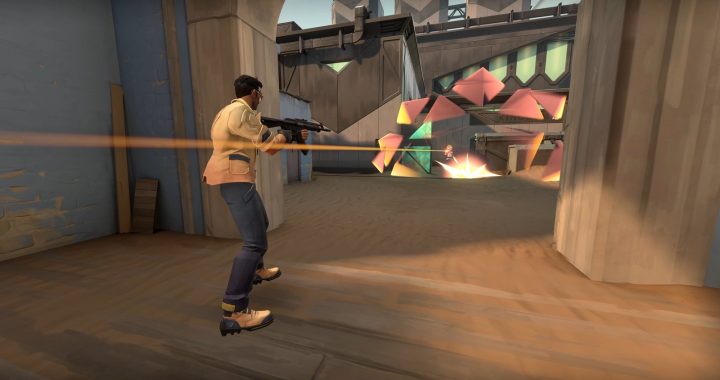AMD returns to the high-end GPU market with the Radeon RX Vega, starts at USD 399 | Hungry Geeks | Latest news

AMD returns to the high-end GPU market with the Radeon RX Vega, starts at USD 399
Vega is finally here. After months of speculation and teasing, AMD’s high-end GPUs are ready to hit the market.
Courtesy of AMD.
AMD’s Radeon RX Vega range is composed of two cards: the Radeon RX Vega 64 and the RX Vega 56. Vega’s Flagship, the Vega 64 will be coming in three flavors: an air-cooled version, a liquid cooled one, and a limited edition variant. Both cards will have 8GB of HBM2 memory or “High Bandwidth Cache,” as AMD would like to call it. Here are the specifications of the Radeon RX Vega lineup:
The limited edition Radeon RX Vega 64 is a beauty to behold. Clad in a brushed aluminum shell with an illuminated Radeon logo, the card is using a 120mm liquid cooler to bring the core’s temperature down, while the other components are cooled with a 30mm fan.
The Radeon RX Vega 64 will start at USD 499, which is the same SRP for the NVIDIA GeForce GTX 1080 after NVIDIA dropped its prices when it released the GeForce GTX 1080 Ti. AMD, however, is bundling the Vega card in what they call Radeon Packs.
Buyers of the Vega Radeon Packs (which starts at USD 499 for the Vega 56 and USD 599 for the Vega 64) can get USD 200 off a Samsung FreeSync monitor, USD 100 off for a select AMD Ryzen 7 CPU and motherboard, and worth USD 120 of games, which may vary per region. This will make the transition from “Intelvidia” or older AMD systems easier on the pockets of potential buyers.
AMD isn’t shying away from revealing the performance of Vega. The brand is confident that the Radeon RX Vega 64 will stay above the 48fps threshold of their FreeSync technology. They have tested the games such as Deux Ex: Mankind Divided, Gears of War, Battlefield 1, and Doom in an Ultrawide 3440 x 1440 resolution.
Credits to the SFF Network.
AMD’s Vega cards are slated to be on the market on August 14. They have also teased a Nano version of the Vega 64 for hardcore gamers that prefer mini-ITX systems.
Comments
comments
 Hironobu Sakaguchi meeting: Fantasian Neo Dimension, Final Fantasy and 20 years of Mistwalker
Hironobu Sakaguchi meeting: Fantasian Neo Dimension, Final Fantasy and 20 years of Mistwalker  The Raging Battle Churns are added to Genesis Impact Version 5. 3. 3.
The Raging Battle Churns are added to Genesis Impact Version 5. 3. 3.  Valorant welcomes Tejo as its new promoter.
Valorant welcomes Tejo as its new promoter.  To push off 2025, there are eleven fantastic activities.
To push off 2025, there are eleven fantastic activities.  Shuhei Yoshida’s preferred PlayStation amateur games of 2024
Shuhei Yoshida’s preferred PlayStation amateur games of 2024  Discuss of the Week: Astro Bot – Winter Wonder
Discuss of the Week: Astro Bot – Winter Wonder